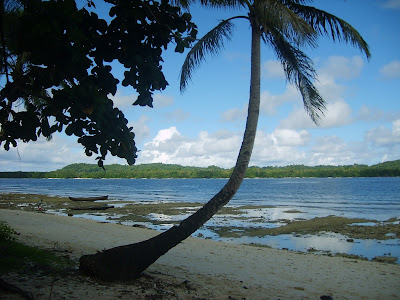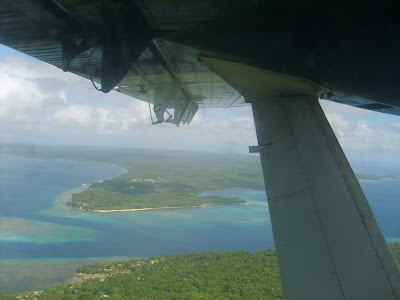My heart cries out. I have been silent for far too long. After every murder in the last few months, my heart has been heavy. I’ve grieved. I’ve cried. I’ve prayed. My heart has been broken for all the innocent lives lost, but I have also felt muted and unable to say anything.
Who am I to have something to say? I am a middle class white person with privilege and education. I do not face the discrimination that so many people of color face every day. I am able to go through life without fear of death or being treated unfairly and that is wrong. Everyone, no matter their color, gender or religion, should be free and able to walk the streets without fear of death or discrimination - isn’t that what life, liberty and the pursuit of happiness are about?
One of the reasons I have remained silent is because emotional posts just feed fires that are unhelpful and often hurtful. Bickering with trolls on social media is not the answer. Social media posts also just seem so superficial to me. Someone just lost a son, a father, a brother. Those families are in pain. It seems insensitive to make a death of a loved one a political statement. I could have used a hashtag and sent my thoughts and prayers to the family and friends whose loved ones were killed, but once again it seems superficial. I become just one more hashtag. One more person that posts and then walks away. Once again, that’s not right. I want to do or say more. Standing in solidarity is good and I do, but I also want to see change.
I am grieving for the deaths of #AltonSterling, #PhilandoCastile, and all the people in Orlando. I am grieving for the people in Iraq, Turkey and elsewhere who have been killed. I have watched each video. Cried with the families and cried out to God. I am praying for comfort and justice because this violence has gone on for far too long. I just also long to do something more than a hashtag. One of my friends shared this on facebook about actual ways to help #blacklivesmatter. I am starting by speaking up. It is time for a change. These inequalities are rooted deeply. We need changes in our education system, changes in our societal structure and changes in our police protocol. We need to be aware of the social inequalities built into our society and institutions that cause structural racism and we need to begin to change it.
If you are white and have not watched the videos, I challenge you to and if your reaction is anything but grief for the lives lost, you may want to reconsider your priorities. No matter where you fall politically or your views on gun control and police training, people died and that matters. #Blacklivesmatter and #bluelivesmatter, because all lives matter, but the reason everyone focuses on #blacklivesmatter is because despite our "equal" society, people of color still face discrimination daily. This piece says it better than I can.
For me, I am seeking change within my sphere of influence and moving out from there. I am going to be more intentional about critically talking about racial issues with my students. Here's some ways to do that. My sphere of influence currently is friends and family, who I hope will dialogue with me about this, and the students I teach throughout the year. We need to expand our worldviews and understandings, speak up and speak out. Though it is unfair that white people have privileges that people of color do not, we need to use that privilege to bring change so everyone shares the same freedom. So I am asking other people like me to evaluate their everyday lives, speak up in their sphere of influence, and seek ways to end violence and bring justice. Even a small drop can cause a great ripple.
I didn't want this post to get political, because innocent lives were lost, so I want to take a moment to remember Alton Sterling, Philando Castile, Michael Brown, Eric Garner, all those in Orlando, and the numerous others who have been killed by both police brutality and terrorists attacks. I also want to remember the police officers killed in the Dallas shooting last night. My heart and prayers go out to you and your families. Justice is needed, but the violence needs to stop.


For those who want to read more, here are some helpful posts by others speaking about these issues:
Ways to be a blacklivesmatter ally and educate yourself
http://www.maximummiddleage.com/right-now/alton-sterling-philando-castile-how-to-be-an-ally-to-black-people#.V35x5Q7KUiw.facebook
http://www.ravishly.com/2015/04/10/what-you-can-do-right-now-about-police-brutality
Examples of ways to talk and teach about race http://citizenshipandsocialjustice.com/2015/07/10/curriculum-for-white-americans-to-educate-themselves-on-race-and-racism/
Posts from People of Color to share their perspective
http://ebonyegussinewilkins.com/2016/07/06/the-fine-line-between-awareness-and-exploitation/
http://www.jetmag.com/life/alton-sterling-breathing-while-black/
http://www.sheknows.com/living/articles/1125715/alton-sterling-shooting
http://bossip.com/1330821/for-my-son-in-the-event-the-police-leave-you-fatherless/
Other things worthy of reading:
http://www.norvillerogers.com/philando-castile/
http://fusion.net/story/170591/the-next-time-someone-says-all-lives-matter-show-them-these-5-paragraphs/




